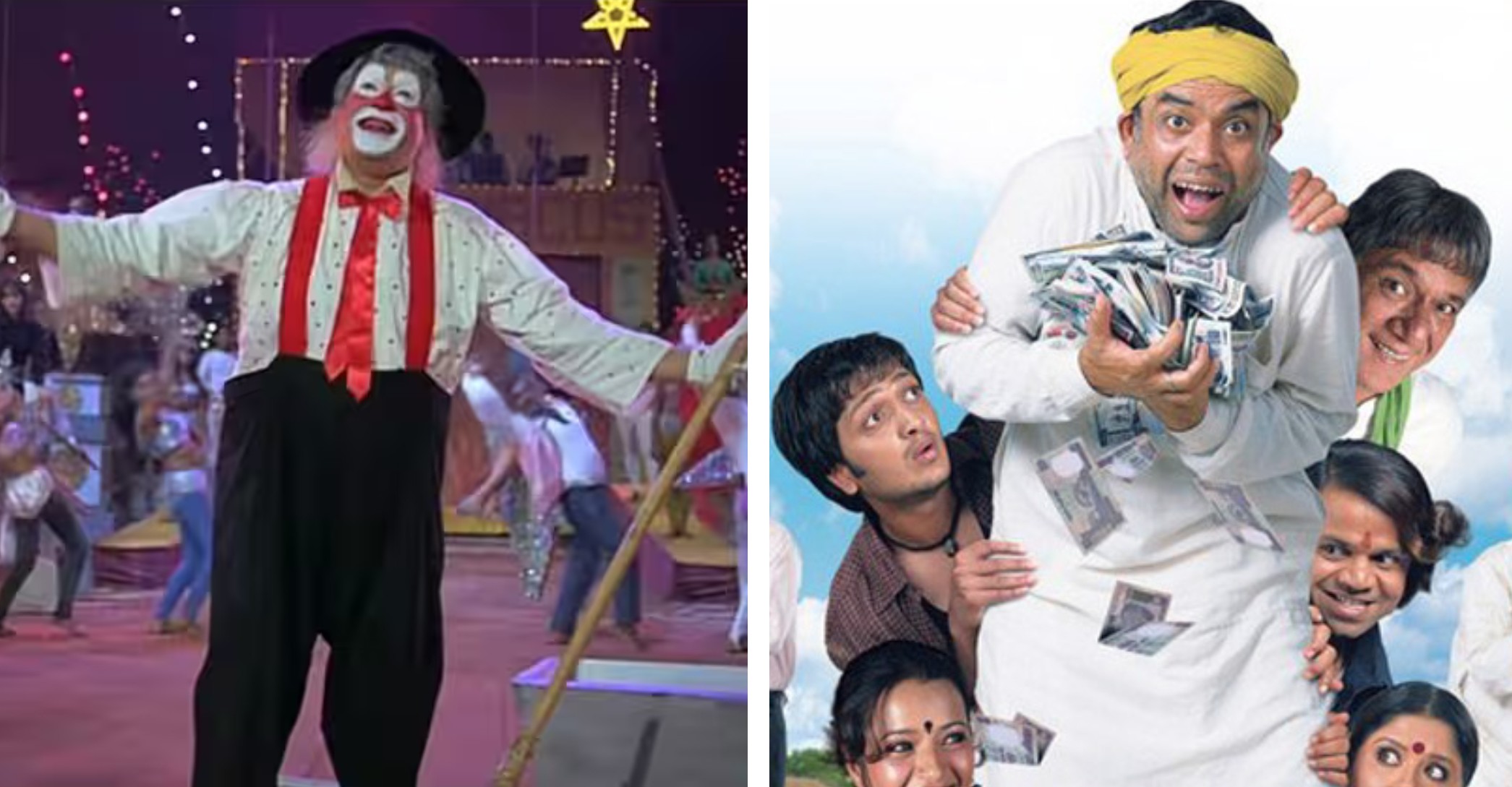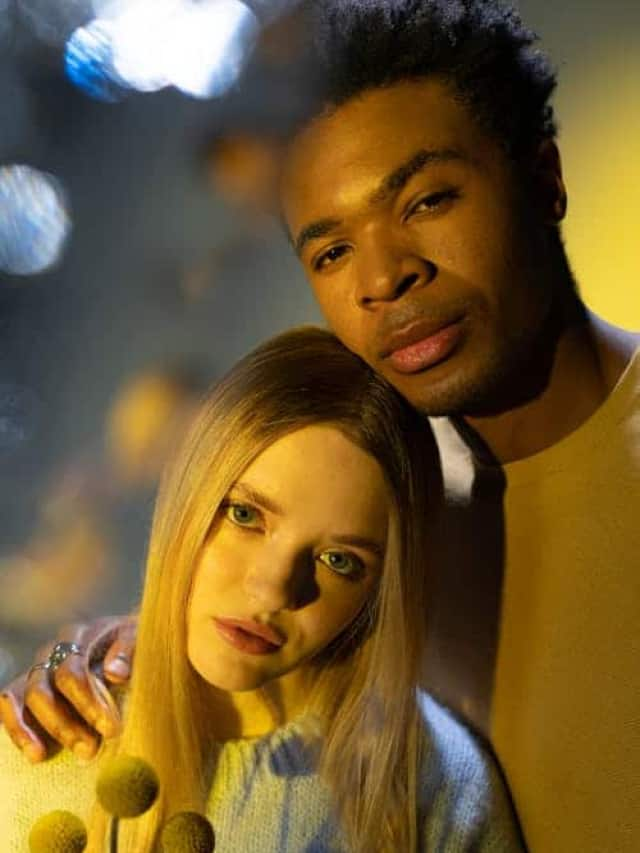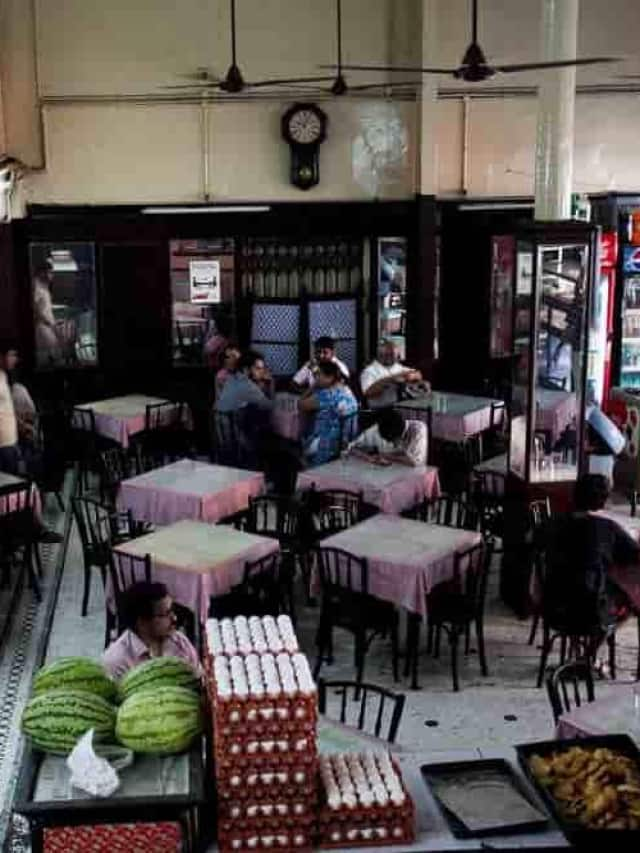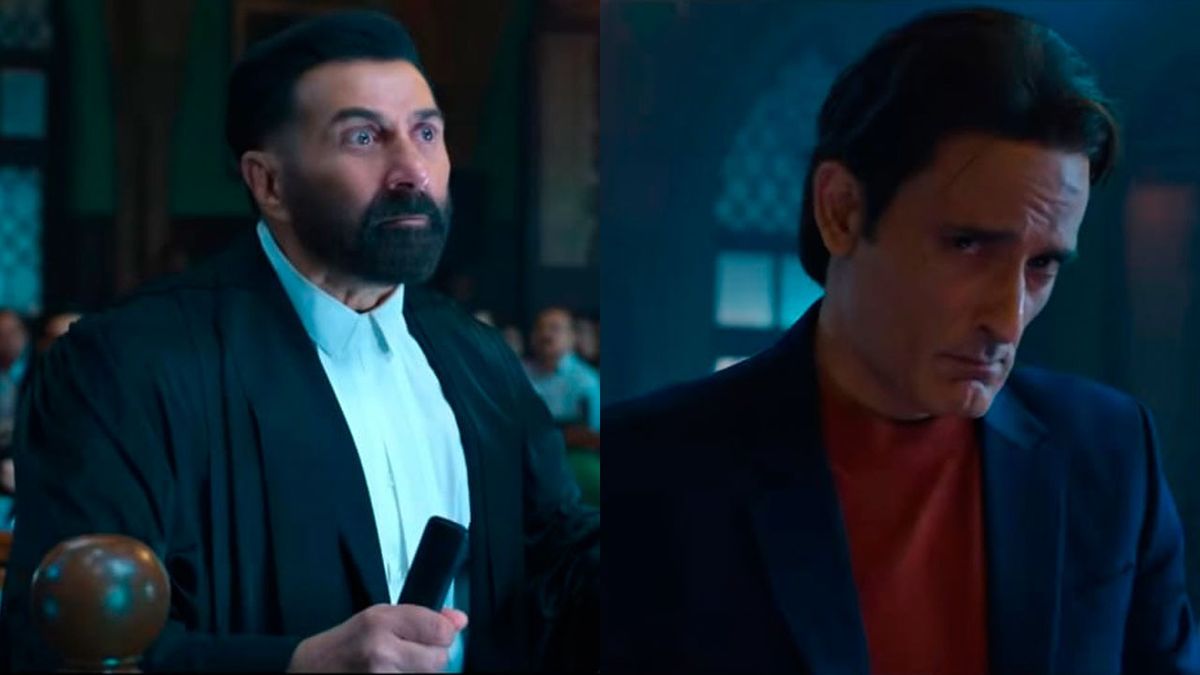
Ticket to Destiny: How the Lottery Became a Bollywood Storytelling Trope
There’s something interesting about the lottery in a movie. It’s a single slip of paper and a universe of possibility. Bollywood has long used that spark — the sudden promise of wealth — to set off dramas, comedies, moral reckonings, and darkly funny misadventures.
The trope isn’t just about dreams; it’s a storytelling shortcut that lets filmmakers explore greed, hope, social envy, and the mess that comes after sudden luck.
Why the Lottery Works on Screen
Think about it: a ticket is pure potential. It costs almost nothing, but it can reorder lives. That contrast makes for instant drama. Do characters who win change for better or worse? Does money expose who they really are, or does it free them? These are potent, human questions, easy to stage and rich in texture. Directors can toss in family fights, sudden rivalries, police interest, or moral dilemmas — and it all feels believable because everyone knows what winning the lottery would do to a life.
From Mera Naam Joker to Malamaal Weekly, Bollywood has often used the lottery as a symbol of hope, greed, and unexpected change. It’s the perfect cinematic device — a single ticket that can rewrite a life story.
Movies also use the lottery to compress time. A single moment — the draw, the revelation — accelerates decades of conflict into fast-paced, compelling scenes. That’s handy in commercial cinema where pace matters.
Notable Bollywood Takes
Bollywood hasn’t been shy. Priyadarshan’s Malamaal Weekly flips the idea into broad comedy: a sleepy village learns a ticket is a jackpot, and greed becomes slapstick chaos. The film mines small-town rhythms while turning every neighbour into a suspect and every relationship into a wager.
Then there are darker spins. Some films treat the ticket as a moral test or a catastrophic temptation; others frame it as a satirical mirror held up to society’s gullibility. And yes, there are films that use the lottery as a plot device in thrillers, where a win becomes motive for murder or deceit. That versatility explains why the trope persists — it moves easily between tones.
Cultural Resonance
Why does this hit a chord in India specifically? Lotteries — and the dream of sudden upward mobility — thread through modern life, especially where economic ladders feel steep. The lottery is a secular miracle: no prayers required, just luck. It’s also a handy way to dramatize inequality. Films can show how sudden money alters social standing, relationships, and even law and order. That’s cinematic gold.
But filmmakers also show the other side: winning isn’t a tidy fix. Often it exposes greed, distrust, and the brittle nature of relationships built on scarcity. That ambivalence keeps the trope grounded; it’s not a fairy tale with neat endings.
A Storytelling Shorthand That Stays Useful
The lottery remains attractive to writers because it’s instantly relatable, morally flexible, and emotionally charged. It allows for jokes, tragedy, satire, and suspense — sometimes all at once. And as long as audiences believe in quick luck, filmmakers will continue to use that tiny, powerful artifact to explore big human questions.
So next time you see a scratched ticket or a trembling hand holding a stub on screen, watch closely. The ticket is rarely about money alone. It’s about what money reveals, and that’s where the real story lives.
What’s your favourite Bollywood movie centred on a lottery? Drop a comment and tell me which one surprised you — or which ending you still can’t forget.
Publisher: Source link

Effects Of Love On Your Brain And Body

How to Spend 24 Hours in Mumbai?


